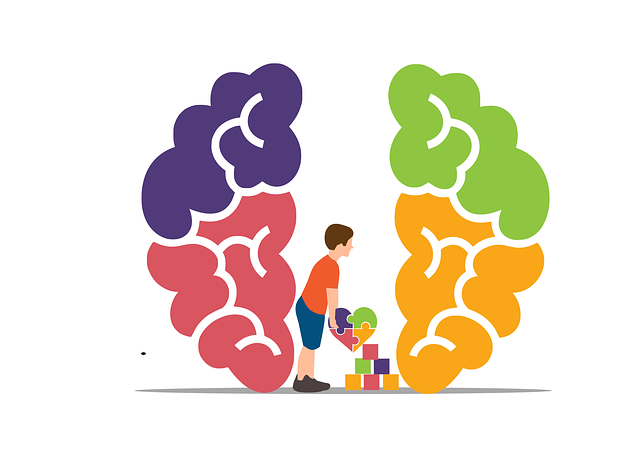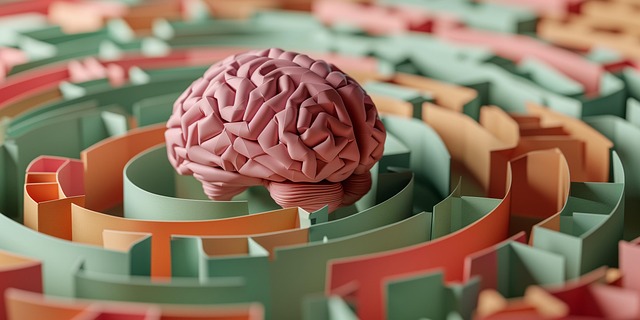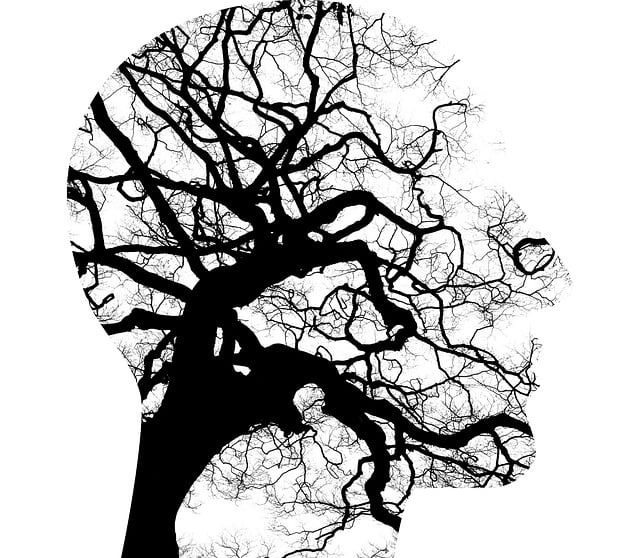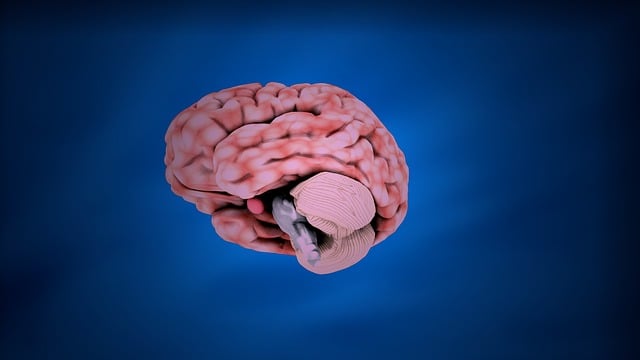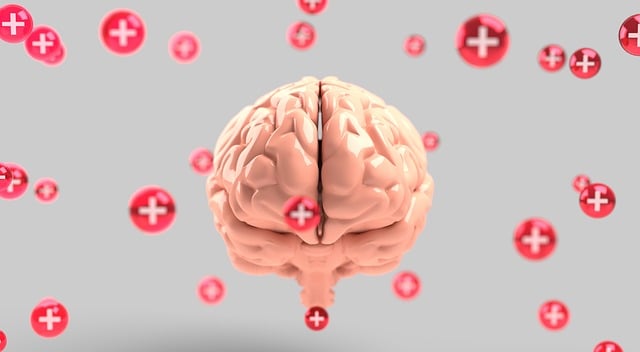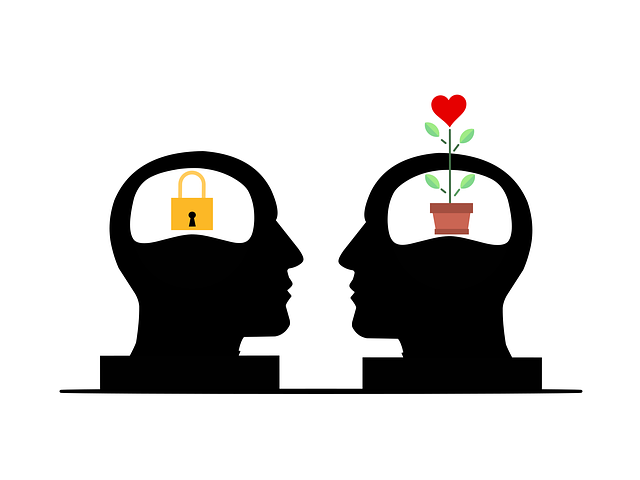Cultural bias in therapy poses significant obstacles to healing and self-discovery for adolescent teens. Therapists-clinicians must recognize and address their cultural biases through stigma reduction efforts, self-care practices, and tailored communication strategies to create inclusive environments. Incorporating compassion cultivation enhances emotional intelligence, adapts therapeutic methods, and improves treatment outcomes, especially in diverse settings. Continuous learning, self-awareness exercises, and mental illness stigma reduction efforts are crucial for therapists-clinicians to excel in providing effective therapy for adolescent teens facing unique challenges.
Healthcare provider cultural competency training is essential in today’s diverse society. Understanding cultural competency in healthcare improves patient outcomes, especially for therapy involving adolescent teens. This article explores the significant impact of cultural bias on teen therapy and offers strategies for clinicians to enhance cultural sensitivity. We present case studies demonstrating effective cultural competent practices and emphasize continuous learning as vital for therapists-clinicians. By delving into these topics, we aim to revolutionize therapy for adolescent teens through enhanced cultural awareness.
- Understanding Cultural Competency in Healthcare
- The Impact of Cultural Bias on Teen Therapy
- Strategies for Clinicians to Enhance Cultural Sensitivity
- Case Studies: Effective Cultural Competent Practices
- Continuous Learning and Professional Development for Therapists-Clinicians
Understanding Cultural Competency in Healthcare

Cultural competency in healthcare refers to the ability of therapists and clinicians to understand, appreciate, and effectively interact with patients from diverse cultural backgrounds. This includes recognizing and respecting different values, beliefs, and behaviors that may influence how a patient expresses their needs or responds to treatment. In the context of therapy for adolescent teens, this means tailoring therapeutic approaches to meet the unique cultural nuances of each client. For instance, therapists must be adept at navigating conversations about sensitive topics, such as mental health, through the lens of various cultural perspectives, ensuring that the support provided is culturally safe and relevant.
For therapists and clinicians, developing cultural competency involves a continuous learning process encompassing self-care practices, mood management, and conflict resolution techniques. By integrating these skills, professionals can foster more inclusive environments, improve patient outcomes, and enhance the overall therapeutic experience for all individuals, regardless of their cultural identity. This approach not only benefits adolescent clients but also encourages therapists to reflect on their own biases and personal experiences, leading to more effective and compassionate care.
The Impact of Cultural Bias on Teen Therapy

Cultural bias can significantly impact therapy for adolescent teens, hindering their journey towards healing and self-discovery. Therapists-clinicians, often unconsciously, bring their own cultural biases into the therapeutic space, which may inadvertently affect their interactions with young clients from diverse backgrounds. This can lead to mis interpretations of behaviors, symptoms, or communication styles, creating barriers to effective treatment. For instance, a therapist’s preconceived notions about a teen’s family dynamics or cultural practices might cause them to overlook underlying issues related to mental illness stigma reduction efforts or the development of inner strength.
Inaccurate assumptions based on cultural stereotypes can result in inadequate therapy for adolescent teens, further exacerbating existing challenges. Therefore, therapists-clinicians must be vigilant in recognizing and addressing their own biases. Through ongoing mental illness stigma reduction efforts and self-care practices, they can foster a safe and inclusive environment where teens feel validated and empowered to share their unique experiences. This awareness is crucial for providing tailored therapy that respects cultural differences while promoting positive outcomes.
Strategies for Clinicians to Enhance Cultural Sensitivity

In the realm of healthcare, cultural sensitivity is a cornerstone for effective therapy, especially when treating adolescent teens. Therapists-clinicians can significantly enhance their approach by adopting specific strategies that foster understanding and empathy towards diverse patient backgrounds. One powerful tool is cultivating communication strategies that encourage open dialogue, allowing patients to express their unique perspectives and experiences uninhibitedly. By creating a safe space for sharing, therapists can gain valuable insights into their clients’ cultural contexts, breaking down barriers and promoting trust.
Additionally, incorporating compassion cultivation practices into therapy sessions can greatly impact a clinician’s ability to connect with teens from various cultural settings. These practices encourage practitioners to recognize and appreciate the richness of diverse cultures while acknowledging potential challenges patients may face. Through mindful techniques, therapists can develop enhanced emotional intelligence, enabling them to adapt their therapeutic methods, offer tailored support, and ultimately improve treatment outcomes for adolescent teens.
Case Studies: Effective Cultural Competent Practices

In the realm of healthcare provider cultural competency training, case studies offer tangible examples of effective strategies at play. For instance, consider a study focusing on therapists working with adolescent teens from diverse ethnic backgrounds. By employing active listening and encouraging open dialogue, therapists fostered an environment of trust, enhancing communication strategies that were culturally sensitive to each teen’s unique experience. This not only improved patient engagement but also led to more accurate diagnoses and tailored therapy plans.
The same study highlighted the importance of empathy building strategies in therapy for clinicians. Therapists who demonstrated genuine interest and understanding of their patients’ cultural perspectives significantly impacted treatment outcomes. Positive thinking, when coupled with effective communication techniques, became a game-changer in managing sensitive topics and promoting positive mental health among teens from varied cultural backgrounds, specifically tailored to meet the needs of therapists-clinicians working in diverse settings.
Continuous Learning and Professional Development for Therapists-Clinicians

In the dynamic field of healthcare, continuous learning and professional development are vital for therapists-clinicians to effectively serve their patients, especially those facing unique challenges like mental illness. Therapy for adolescent teens necessitates a deep understanding of emerging minds and rapidly changing life circumstances. To excel in this domain, clinicians must engage in regular Self-Awareness Exercises and Compassion Cultivation Practices, fostering an environment where adolescents feel understood and supported.
By participating in ongoing training sessions, therapists can enhance their cultural competency, enabling them to navigate the complex tapestry of adolescent experiences with sensitivity. This includes recognizing and addressing Mental Illness Stigma Reduction Efforts, ensuring that young people receive care that is not only effective but also nurturing. Such proactive learning ensures therapists-clinicians remain equipped to deliver high-quality therapy for adolescent teens in a constantly evolving healthcare landscape.
Cultural competency training is a game-changer in healthcare, especially when focusing on therapy for adolescent teens. By addressing cultural bias and enhancing clinical sensitivity, therapists and clinicians can provide more effective care. The case studies highlighted demonstrate the impact of competent practices, fostering inclusive environments that meet diverse patient needs. Continuous learning and professional development are vital to staying informed and adapting therapeutic approaches, ensuring improved outcomes in therapy for adolescent teens.
